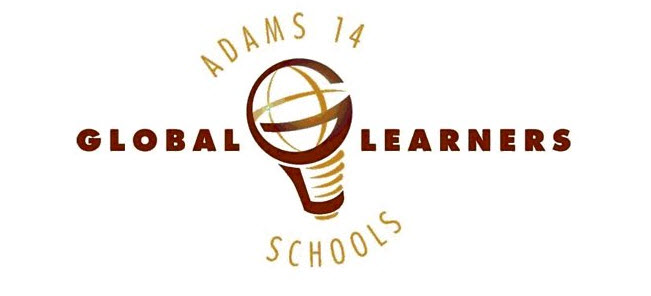This year, I was one of many teachers that began to explore online assessments by using the Galileo program. As a member of NSTA, I researched best practices with online test programs to see what research exists.
Here are some best practices and some findings according to Taryn L.S. Hess and Sherry A. Southerland in their article, "Online Assessments and Hearing Students Think About Science" (2008).
Best Practices
1. Create a variety of questions that address higher-order thinking.
2. Make sure the problem sets are randomized.
3. Make sure that the feedback provided by the system is meaningful to your students and serves to shape student thinking.
4. Use the system to its maximum flexibility so that it can be adapted for all students' needs.
5. Assign online assessments as class work rather than homework.
6. Model how to approach the questions and their answers several times before students attempt it on their own.
7. Be willing to "stick with it" and ask for support when needed.
Findings
1. Teachers that took advantage of the timely feedback provided by online assessments saw the dropout rate of students decrease and found less students cutting their classes. These teachers added their own comments to the reports from the online testing system.
2. Some teachers targeting students based on the immediate feedback generated by the system by creating after-school study groups or small groups in class that could focus on the students' needs.
These teachers not only saw student achievement increase, but surveys showed that students felt that these teachers cared about them.
3. According to Morrissey, Kahsy, and Tsai (1995), online testing systems initially increase a teacher's workload. However, after you create the initial problem sets and become used to the system, your workload is reduced.
My Notes
I started using Galileo in January and continued to use it all spring. I liked how I could create my own questions and I found that it was a great tool for formative assessments. However, I found that I had to supplement my tests on Galileo with some essays, labs, and other projects to get a full picture of the science knowledge of my students.
Subscribe to:
Post Comments (Atom)


No comments:
Post a Comment